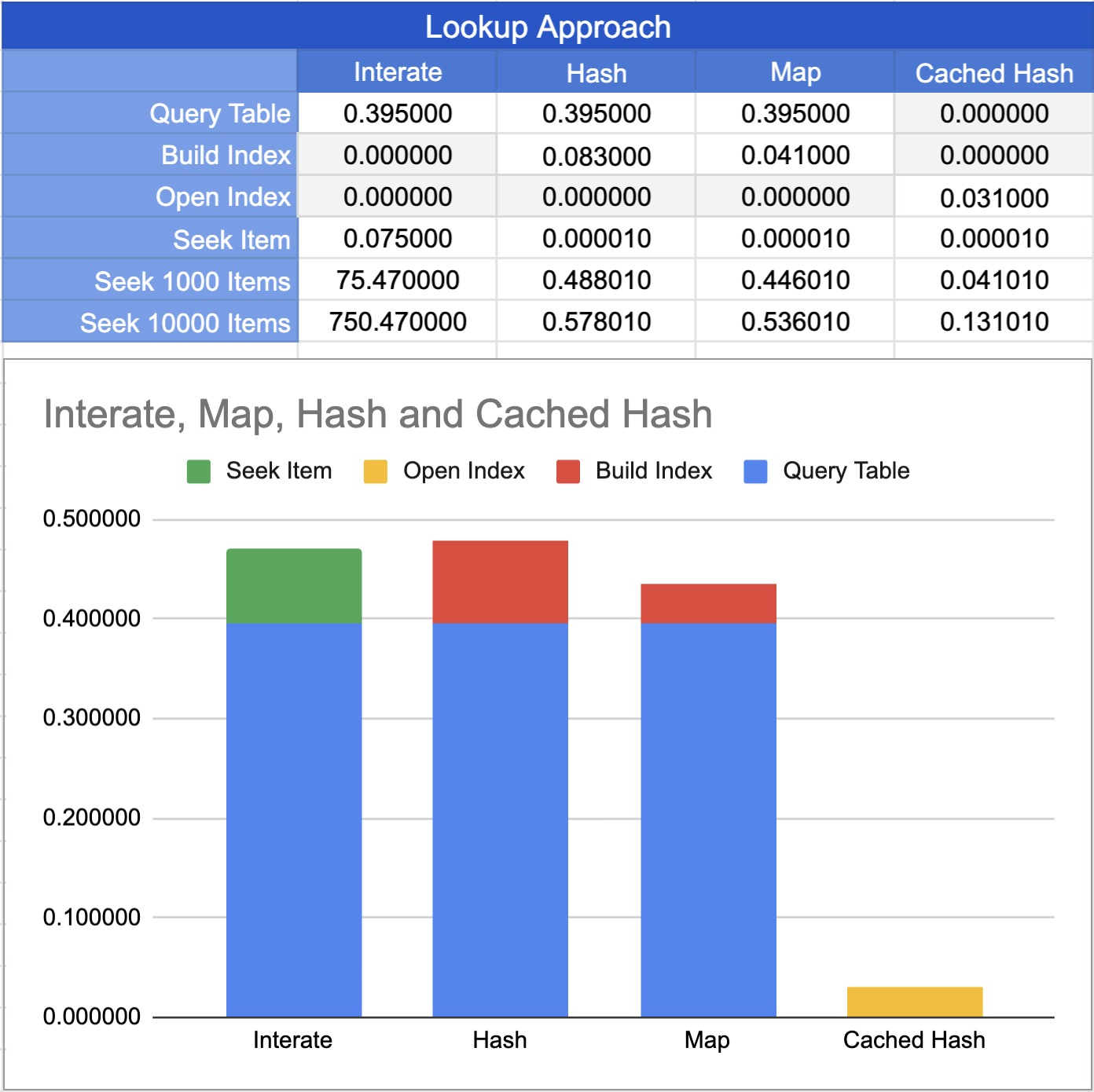In the API definition for RecordQueryResult it says
A RecordQueryResult represents a set of records. It’s a little bit like a one-off Airtable view: it contains a bunch of records, filtered to a useful subset of the records in the table.
but in the API for Table there’s no way I see to filter when calling selectRecordsAsync(). Is there no way to query only a subset of rows in the table, i.e. the equivalent of a SQL WHERE clause? If so, what is the RecordQueryResult documentation referring to regarding ‘filtered to a useful subset’?




